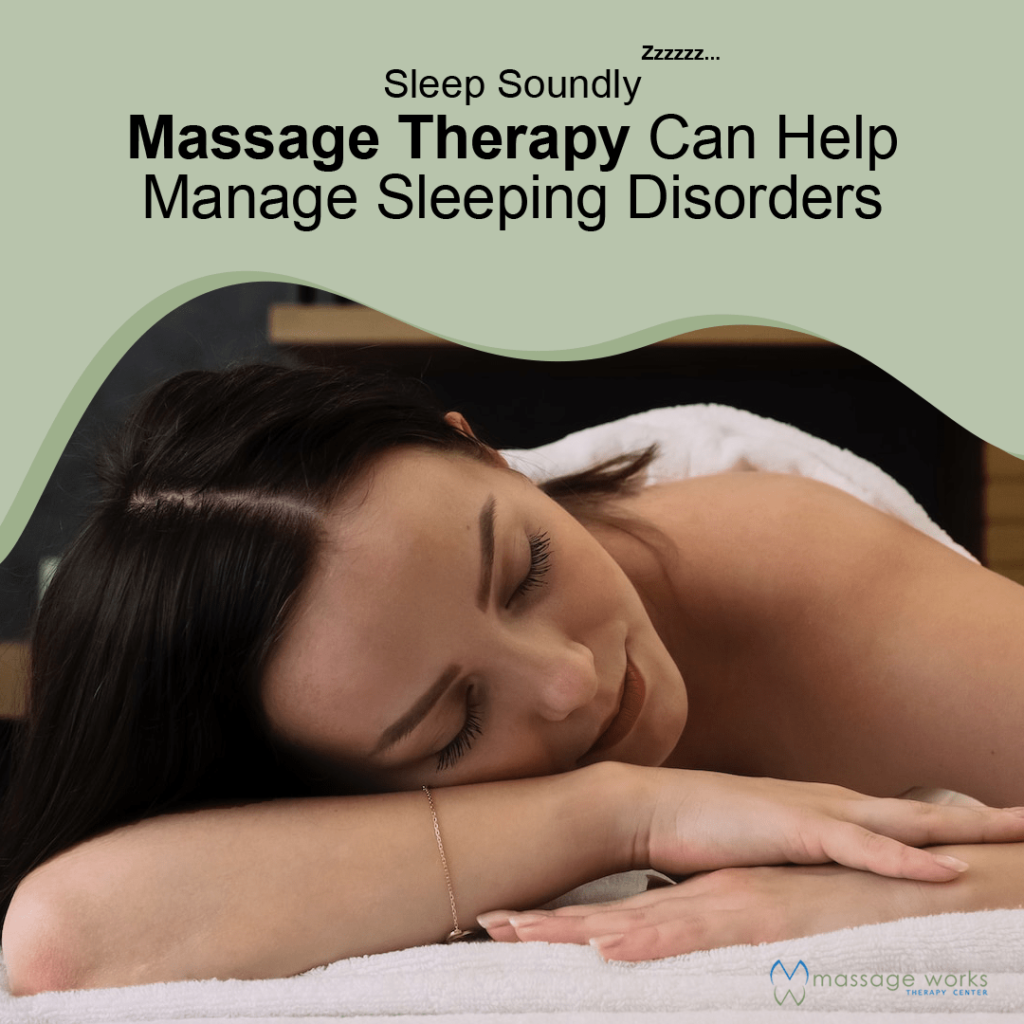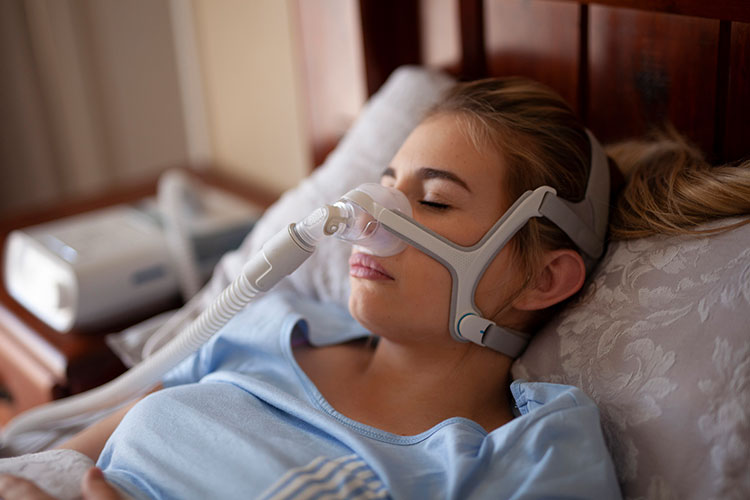Cutting-edge Insomnia Solutions - Locate What Functions for You
Cutting-edge Insomnia Solutions - Locate What Functions for You
Blog Article
Effective Therapy Solutions for Handling Sleep Disorders and Enhancing Restful Rest
In the world of healthcare, the management of rest conditions and the quest for relaxing sleep are pivotal parts of total well-being. Reliable therapy services offer a diverse method to deal with these difficulties, ranging from cognitive behavior interventions to all natural techniques that advertise relaxation and mindfulness. The exploration of different strategies, including the combination of drug and light treatment, opens up a world of opportunities in the pursuit of far better rest high quality. As we navigate the elaborate landscape of sleep disorders and look for to boost our rest experience, a much deeper understanding of these therapy options might hold the trick to unlocking a much more refreshing and satisfying corrective journey.
Cognitive Behavior Modification for Sleeping Disorders (CBT-I)
Cognitive Behavior Modification for Insomnia (CBT-I) is a structured, evidence-based therapy approach that concentrates on addressing the hidden factors contributing to rest disruptions. This kind of therapy aims to modify behaviors and thoughts that exacerbate sleeplessness, inevitably advertising healthy and balanced rest patterns. CBT-I usually entails numerous vital components, including cognitive treatment, rest restriction, stimulation control, and rest health education.
Cognitive therapy aids individuals identify and transform adverse thought patterns and beliefs about rest that might be preventing their capability to drop or stay asleep. Sleep limitation includes limiting the quantity of time invested in bed to match the person's actual sleep period, thereby increasing rest effectiveness (natural insomnia remedies). Stimulation control techniques aid develop a strong association between the bed and rest by motivating individuals to head to bed only when drowsy and to prevent taking part in stimulating tasks in bed
Additionally, sleep hygiene education concentrates on developing healthy and balanced sleep habits, such as preserving a constant rest timetable, creating a relaxing bedtime routine, and optimizing the rest environment. By addressing these variables thoroughly, CBT-I supplies an efficient non-pharmacological treatment for handling sleeping disorders and boosting general sleep top quality.
Rest Health Practices
Having established the structure of cognitive restructuring and behavioral alterations in addressing sleeplessness through Cognitive Behavioral Treatment for Sleeping Disorders (CBT-I), the emphasis now changes towards discovering necessary Sleep Health Practices for maintaining optimum sleep quality and total health.
Sleep hygiene methods incorporate a range of behaviors and environmental variables that can substantially impact one's capacity to drop off to sleep and remain asleep throughout the night. Constant rest and wake times, producing a relaxing bedtime routine, and optimizing the sleep atmosphere by maintaining it dark, peaceful, and cool are vital components of excellent sleep hygiene. Limiting exposure to displays prior to going to bed, avoiding energizers like high levels of caffeine near bedtime, and participating in routine exercise throughout the day can likewise advertise better rest top quality.
Additionally, practicing relaxation techniques such as deep breathing workouts or reflection prior to bed can assist relax the mind and prepare the body for rest. By including over here these rest hygiene methods right into one's daily routine, people can establish a healthy sleep pattern that supports peaceful rest and overall well-being.
Leisure Techniques and Mindfulness
Executing leisure techniques and mindfulness techniques can play an essential role in cultivating a sense of calmness and advertising top quality sleep. In addition, led images can help carry people to a tranquil location in their minds, helping in stress and anxiety decrease and improving sleep high quality.
By including these techniques right into a going to bed routine, individuals can signal to their bodies that it is time to prepare and loosen up for sleep. On the whole, incorporating relaxation techniques and my explanation mindfulness techniques can considerably contribute to managing rest problems and enhancing general rest top quality.

Medication Options for Sleep Disorders
After discovering relaxation strategies and mindfulness practices as non-pharmacological interventions for boosting rest top quality, it is important to consider medicine options for people with sleep problems. In situations where lifestyle modifications and treatment do not provide enough alleviation, medication can be an important tool in taking care of rest disturbances.
Generally suggested drugs for rest conditions include benzodiazepines, non-benzodiazepine hypnotics, antidepressants, and melatonin receptor agonists. Antidepressants, such as trazodone, can be helpful for people with co-occurring anxiety and sleep disturbances - natural insomnia remedies.
It is essential for individuals to talk to a health care company to figure out the most proper drug option based on their particular rest disorder and clinical history.
Light Therapy for Circadian Rhythm Guideline
Light treatment, additionally understood as photo-therapy, is a non-invasive therapy technique utilized to control circadian rhythms and enhance sleep-wake cycles. This treatment involves direct exposure to intense light that resembles natural sunlight, which aids to reset the body's biological rhythm. By exposing individuals to details wavelengths of light, typically in the early morning or night depending upon the wanted impact, light therapy can effectively readjust the circadian rhythm to promote wakefulness throughout the day and boost restful sleep in the evening.
Research study has shown that light treatment can be particularly useful for people with body clock disorders, such as postponed rest stage syndrome or jet lag. It can likewise be valuable for those experiencing seasonal depression (SAD), a type of clinical depression that generally takes place throughout the winter season months when all-natural light exposure is minimized. Light therapy is generally well-tolerated and can be used in combination with various other treatment approaches for rest problems to maximize results and boost overall sleep top quality.
Verdict
To conclude, effective treatment services for handling rest disorders and improving restful rest consist of Cognitive Behavior modification for Sleep Problems (CBT-I), rest health methods, leisure methods and mindfulness, medicine choices, and light therapy for circadian see it here rhythm policy. These methods can assist individuals enhance their sleep high quality and total health. It is essential to seek advice from a medical care company to establish one of the most ideal technique for resolving sleep issues.
As we browse the detailed landscape of sleep disorders and look for to improve our sleep experience, a deeper understanding of these treatment options may hold the key to unlocking a more refreshing and fulfilling restorative trip.
Sleep constraint involves restricting the amount of time spent in bed to match the individual's actual sleep duration, thus enhancing rest effectiveness. Constant sleep and wake times, creating a relaxing going to bed regimen, and optimizing the sleep setting by keeping it dark, silent, and cool are important elements of good sleep hygiene. Light treatment is usually well-tolerated and can be utilized in conjunction with other treatment methods for sleep conditions to maximize results and improve overall sleep top quality.

Report this page